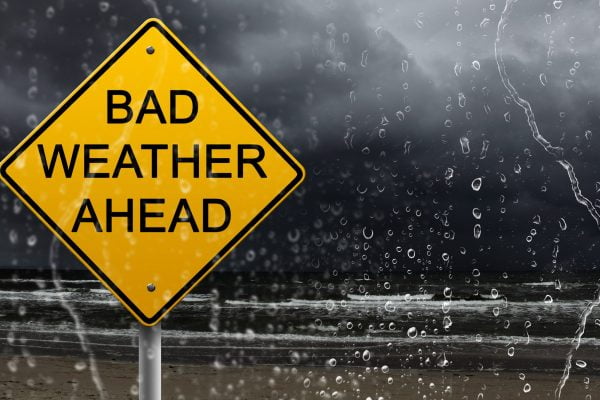Yes, satellite broadband can be affected by weather conditions. Satellite broadband relies on signals transmitted between a satellite in space and a satellite dish on the ground. Since these signals travel through the Earth’s atmosphere, various weather conditions can potentially impact the quality and reliability of the satellite broadband connection.
Here’s how different weather conditions can affect satellite broadband:
-
- Rain and Precipitation: Heavy rain can cause signal attenuation, where the raindrops absorb and scatter the satellite signals. This can lead to a decrease in signal strength and slower data speeds. In areas with frequent heavy rainfall, users may experience temporary disruptions or reduced performance during rainstorms.
- Snow: Similar to rain, snow can accumulate on the satellite dish and cause signal blockage or interference. This can result in a loss of connectivity or degraded performance.
- Cloud Cover: Thick cloud cover, especially during severe storms, can attenuate satellite signals and reduce their strength. This might result in slower speeds or temporary disruptions.
- Thunderstorms: Thunderstorms can introduce electrical interference in the atmosphere, affecting the satellite signals and potentially causing signal disruptions or quality issues.
- Satellite Positioning: Satellites are positioned in specific orbits, and the angle between the satellite, the dish, and the horizon can affect signal strength. In areas with low angles or obstructions on the horizon, like tall buildings or trees, signal quality may be reduced.
- Satellite Beam Footprint: Satellites have coverage areas known as “footprints.” If you are located near the edge of a satellite’s footprint, your signal may be weaker and more susceptible to interference from weather conditions.
In summary, if you have access to both fixed wireless and satellite broadband options, consider your specific needs and priorities. If low latency and higher speeds are essential for your online activities, fixed wireless might be a better choice. On the other hand, if you’re in a remote area with limited options and require global coverage, satellite broadband could be a more viable solution. It’s important to research and compare the offerings of different providers in your area to make an informed decision.

